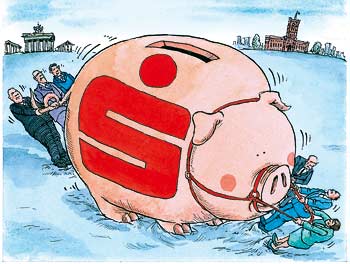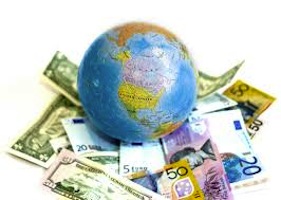Jack Rasmus comments on the worried commentary about the global economy today coming out of this week’s World Economic Forum in Davos, Switzerland. The annual…

Central bank

William White is one of the world’s top economists. He was the head economist for the Bank for International Settlements (BIS) – the world’s most…

Gerald Celente breaks down how the talking airheads on business broadcast media keep missing the larger picture of crumbling worldwide economies and the undeniable underlying…
Prior to the 2008 financial crisis, the Federal Reserve had an important role - to solely act as a "lender of last resort" to traditional…

After an eventful 2015, where we witnessed the first US rate hike in 9 years, crude oil dropping to 6 year lows, a dramatic selloff…

The move raises critical questions about the global economy for 2016, already slowing significantly since 2014. Further global slowdown is now almost certain in 2016…

The latest signs of an improving economy were good enough to help persuade the Federal Reserve to raise interest rates for the first time in…

In the great epistemic galaxy of words, we have become both reading junkies and also professional text skimmers. Reading has become a clumsy science, which…

Introduction Top events in 2015 that shaped the world and are very likely to continue doing so include the economic slowdown not just in China…

This past year saw the crossing of financial boundaries and traditions around the world as economic and political events continue to make the monetary horizon…

Updates on FED's interest rate hike, Peter Drucker on "like a business," gun business, and oil economics. Response to question on whether it is China…

The announcement by the global mining giant Anglo American that it will sack 85,000 workers world-wide, put 60 percent of its assets up for sale,…
